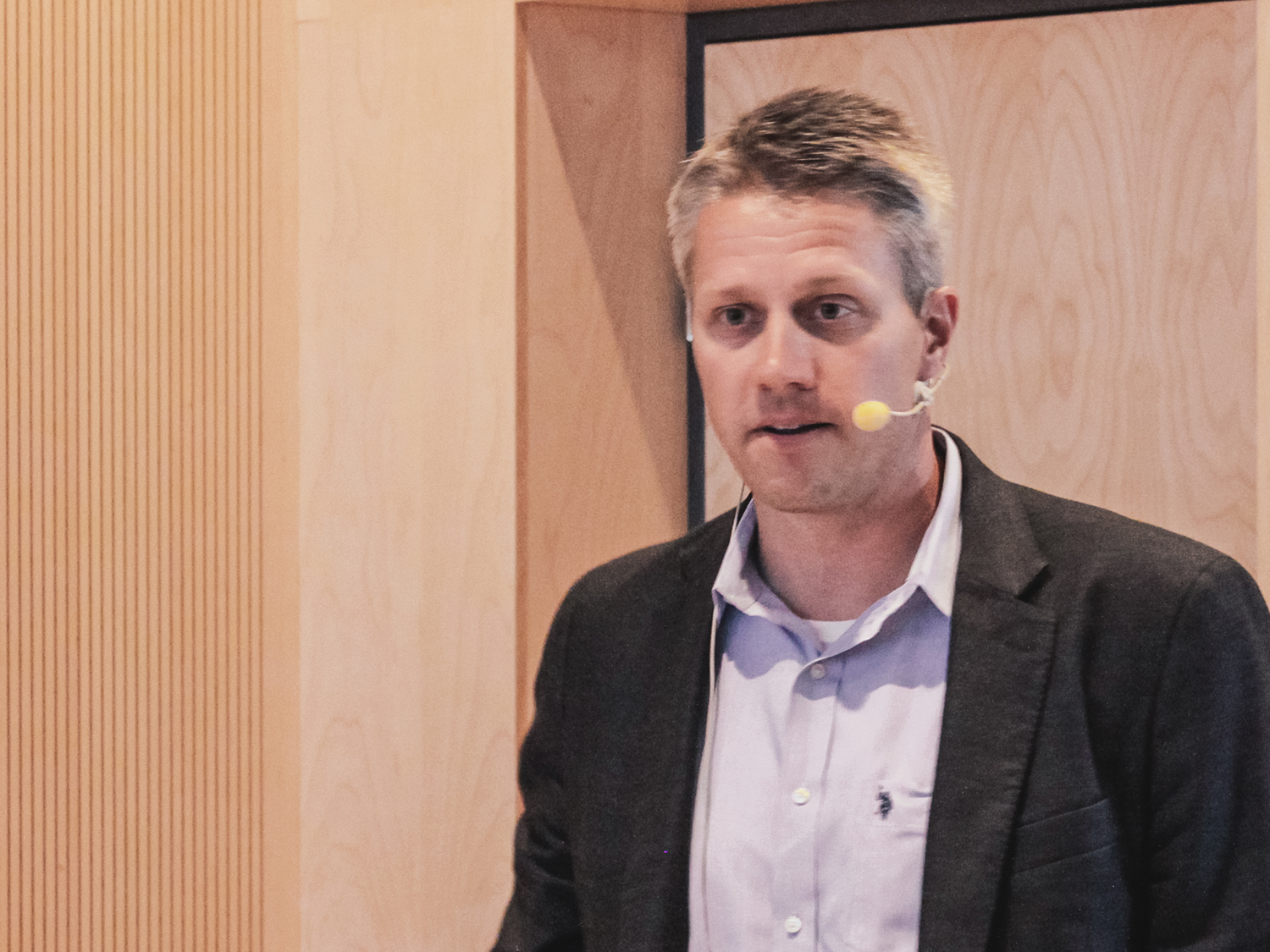Colonic bacteria are responsible for nearly all of human dietary fiber digestion. Despite the accepted health benefits of consuming dietary fiber, little is known about the precise mechanisms by which fiber levels impact the gut microbiota and alter disease risk or how the precise chemistry of fiber polysaccharides interfaces with the hundreds of gut microbiota species. In recent studies in which animals were colonized with a synthetic human gut microbiota composed of fully sequenced commensal bacteria, we have elucidated the functional interactions between dietary fiber, the gut microbiota and the colonic mucus barrier, which serves as a primary defense against enteric pathogens. Our work has begun to unravel the intricate pathways linking diet, the gut microbiome and intestinal barrier dysfunction, which could be exploited to improve health using dietary fiber or prebiotic therapeutics.
Eric Martens is Assistant Professor of Microbiology and Immunology at the University of Michigan Medical School. He obtained his B.A. from Washington University in St. Louis and his PhD from the University of Wisconsin-Madison. His research focus is to investigate complex carbohydrate metabolism by bacterial members of the mammalian distal gut microbiota, a mechanism through which the thousands of microbial species that inhabit the lower gastrointestinal tract augment nutrition by degrading host-indigestible glycans. The longterm goal of this program is to understand how host and dietary glycans shape the assembly and collective physiology of the distal gut microbiota during both health and disease. His research builds a bridge between terrestrial, marine and human biological microbiology.
Moderation: Professor Dr. Thomas Schweder
Gut bacterial degradation of dietary fiber: terrestrial fruits and vegetables and genetic upgrades for marine algae
Öffentlicher Abendvortrag
Zurück zu allen Veranstaltungen

